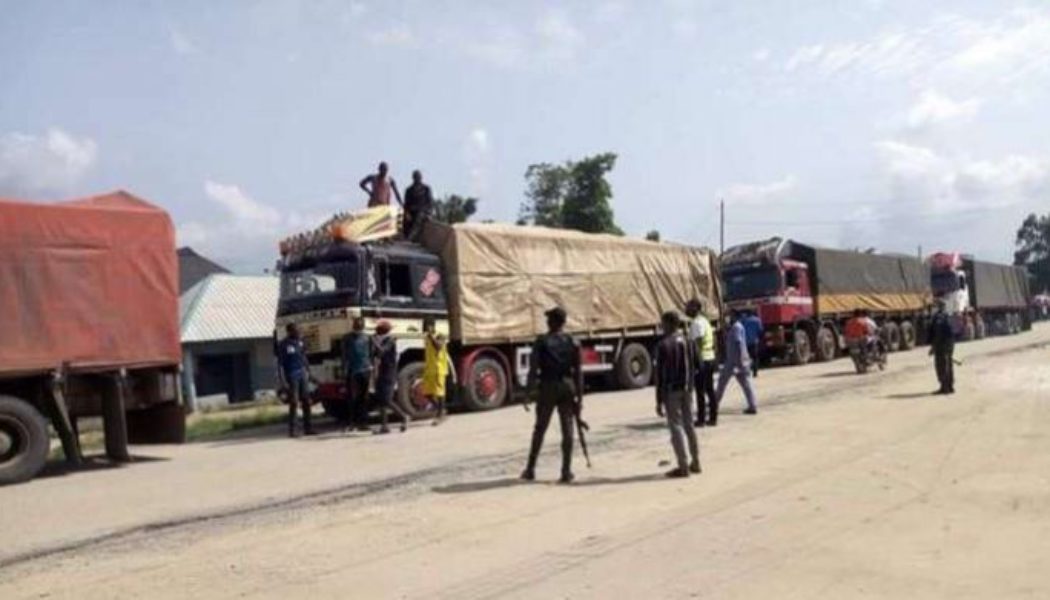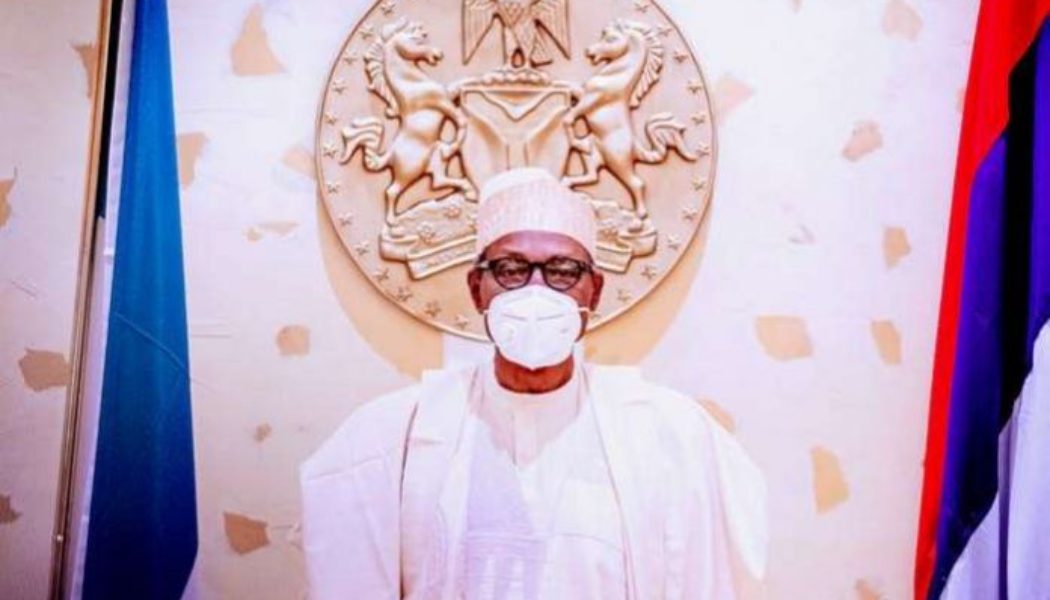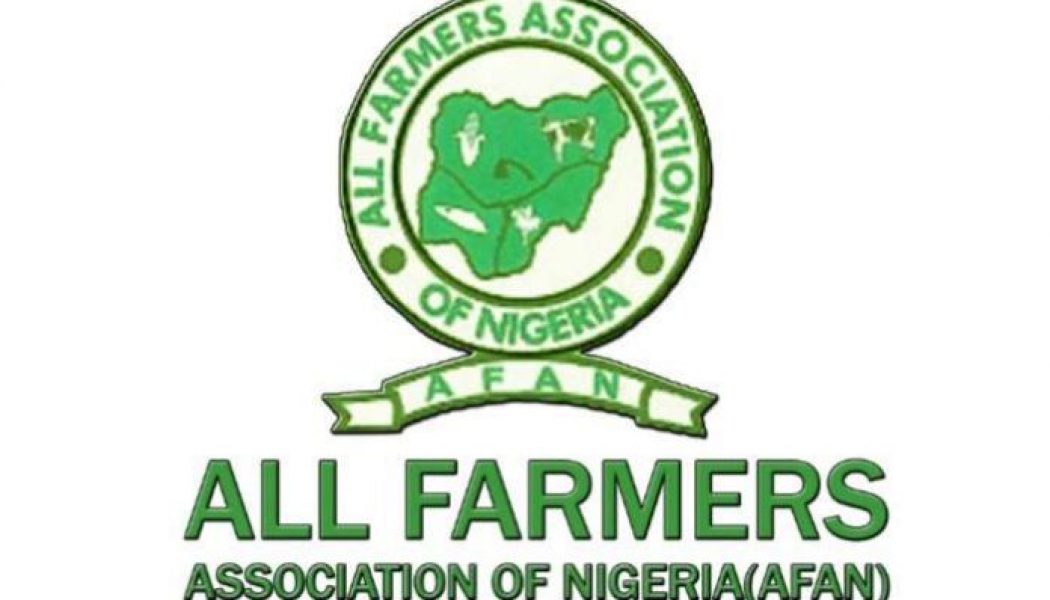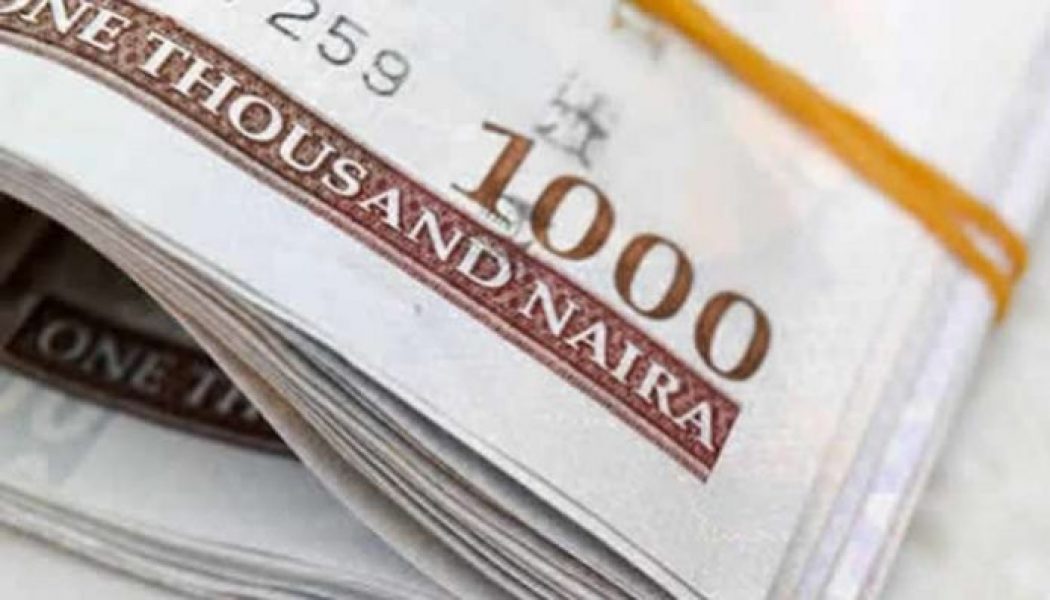Food Supply
Foodstuff, cattle dealers threaten to stop supply to Southern Nigeria
The Amalgamated Union of Foodstuff and Cattle Dealers of Nigeria (AFUCDN) has again threatened to stop food supply to the South and other parts of the country. The union said it would carry out this threat within three weeks if governments at all levels failed to meet its demands within three weeks. National President of the AFUCDN, Muhammed Tahir, who spoke with journalists at the end of an emergency meeting of the union in Abuja on Tuesday evening, lamented that since the Kogi State Governor, Yahaya Bello, intervened in the last three months, which led to the suspension of their six-day industrial action, nothing had been done on the union’s agitation. The union had in March 2021 gone on strike and stopped supply of foodstuffs to the South following allegations of killings of its members...
Southern governors meet, urge President Buhari to address Nigerians
Worried by the rising rate of insecurity, Southern Governors, Tuesday, met in Asaba, the Delta State capital and called on President Muhammadu Buhari to address the nation on the spate of insecurity in the country. The Governors in the meeting which started at about 12 noon and ended about 4:20 pm, urged the Federal Government to convocated a national dialogue as a matter of urgency and insisted on the ban of open grazing across Southern Nigeria The Governors in the 12 point communique read by the Chairman of Southern Governors Forum, Governor Arakunrin Oluwarotimi Akeredolu of Ondo State, “affirmed that the peoples of Southern Nigeria remain committed to the unity of Nigeria on the basis of justice, fairness, equity and oneness and peaceful co-existence between and among its peoples with ...
Food blockade: AFAN blames institutional failure, inequity
The All Farmers Association of Nigeria, AFAN, Friday, blamed institutional failure for the blockade of foodstuff supply and transportation to Southern Nigeria as the Amalgamated Union of Foodstuff and Cattle Dealers of Nigeria, AUFCDN, embarked on the protest over factors militating against their business. Speaking with newsmen, National President, AFAN, Arc Ibrahim Kabir, said the whole issue boils down to poor discharge of constitutional duties by relevant government organisations that would have mitigated the plight of members of AUFCDN earlier, and such blockade of food supply would not have happened. Kabir said: “The situation arose principally due to institutional failure and inequity. The institutions saddled with maintaining national security must work properly so also those charge...
CBN: Naira to fall further in January
Barely five days to the end of the year 2020, the Central Bank of Nigeria has disclosed that a survey carried out by its Statistics Department revealed that the naira is expected to depreciate further in January 2021. The report, titled, ‘December 2020 Business Expectations Survey Report’ added that there might also be a steady rise in interest rate from December till the next six months. The naira witnessed a sharp fall in recent weeks, reaching its lowest on November 30, 2020, when it exchanged for N500/$1. Since then, the dollar has been hovering between N460 and N470. As of Friday, however, one dollar exchanged for 465 in the parallel market. Also, the Nigerian economy had on November 21 slid into its second recession in five years when the economy shrank again in the third quarter. Th...







